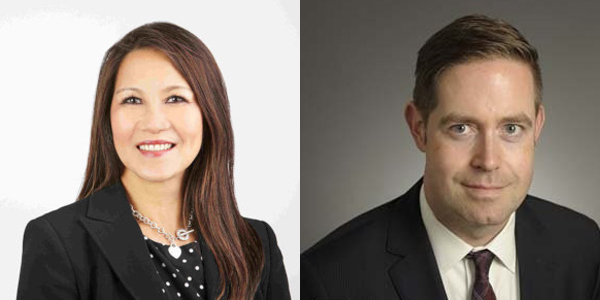Big pension funds under-report costs – study
About half of institutional asset owner costs get lost in the wash, according to a new study by CEM Benchmarking. An analysis of 24 large global asset owners representing over US$4.4 trillion found 49 per cent of investment costs were unreported.
“Our research indicates that, at best, only half of true total investment management costs are included in asset owner financial statements,” the CEM Benchmarking report says. The true figure is likely to be higher across the industry. “This means an enormous amount of costs actually incurred go unreported. Tens of billions of dollars are not reported by asset owners.”
But the study found investment costs under-reporting in its sample group also fell across a wide range from 30 per cent to 80 per cent. The problem, as researchers Sandy Halim and Mike Reid outline, revolves around loosely defined global accounting standards that require funds to report only “invoiced investment costs”.
By focusing on invoiced costs only, other expenses hidden in pooled investment vehicles, private market assets and transactions disappear from view. For example, asset owners bill managers directly under institutional mandate arrangements while they would not have to disclose costs of investing into pooled funds that net out fees from performance.
Private market assets, often held under limited partnership agreements, are also problematic in how base and performance fees are accounted for. Transaction costs, too, “are not trivial”, the study’s authors say, representing up to 20 per cent of total investment expenses.
“The second issue with transaction costs is inconsistency in what is included/not included,” the report says. “Complete disclosure includes brokerage commissions, estimates of fixed income trade spreads, and deal acquisition and other transaction costs for private assets.”
While the CEM Benchmarking study, prepared for Australian industry publication Top1000funds, found a gaping hole in reporting, it also highlights examples of best-practice accounting from two large asset owners – the giant Dutch pension fund ABP and the Universities Superannuation Scheme (Australia) – that disclose the true investment costs.
“Accounting standard boards should take note that current accounting rules and practices result in incomplete and non-comparable cost reporting in asset owner financial statements,” the report says. “… Transparent, clear, and complete cost disclosure is just one aspect of a good annual report, but an important one.”
The NZ Superannuation Fund (NZS) uses CEM Benchmarking to conduct regular reviews with the latest analysis, published this February, rating the operation as relatively cost-effective. According to the CEM Benchmarking review, NZS achieved investment costs of 38.7bps below a peer group benchmark of 40.7bps.
“This suggests that your fund was low cost compared to your peers,” the report says. “Your fund was slightly low cost because you had a lower cost implementation style. These savings were mostly offset because you paid more than peers for some services.”
The NZS reported investment costs of 29bps in the 2018 financial year, falling to 27bps in the following period before rising to 30bps for the 12 months ending June 30, 2020.
– Investment News NZ










